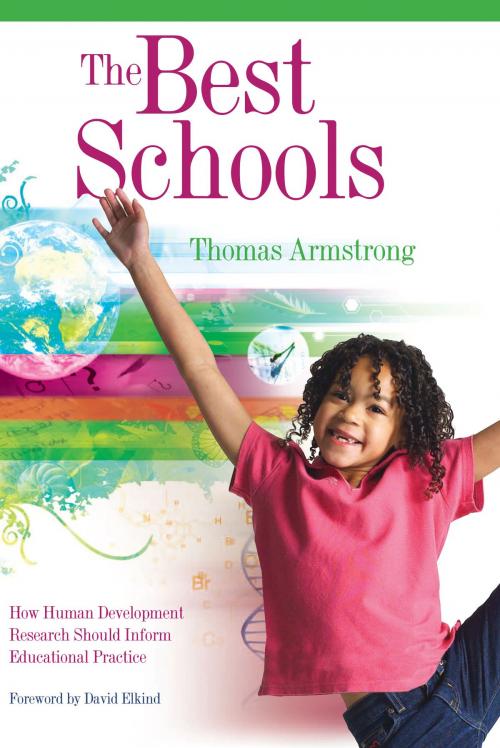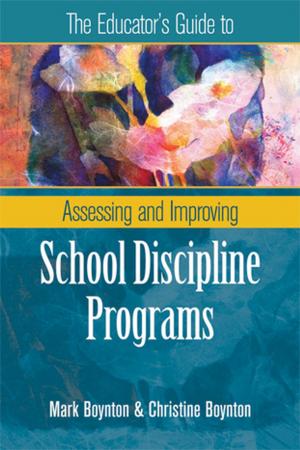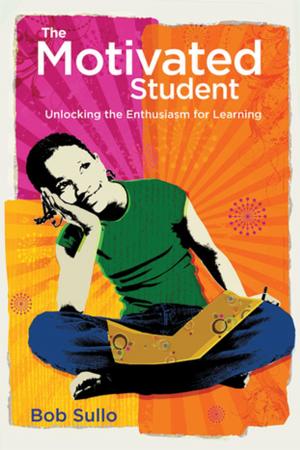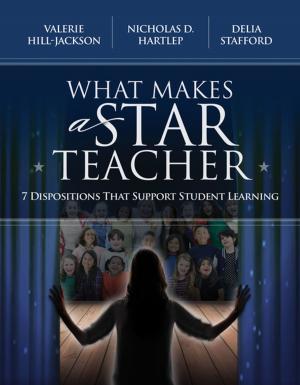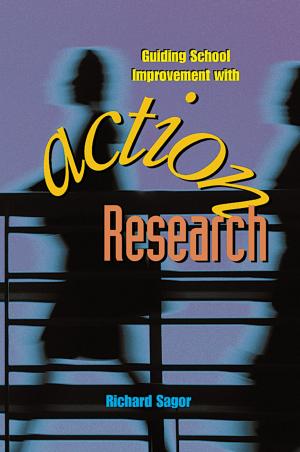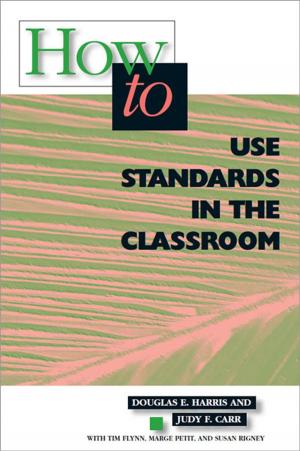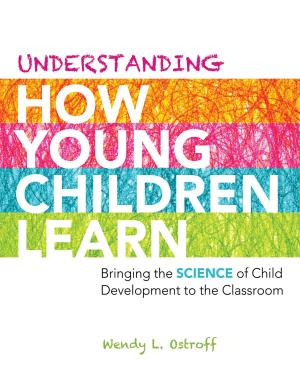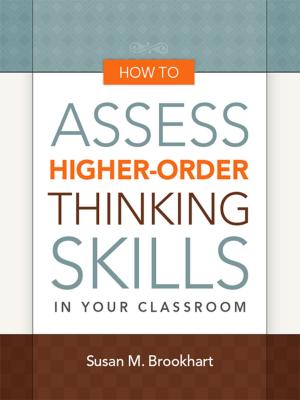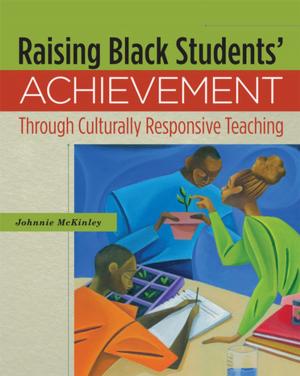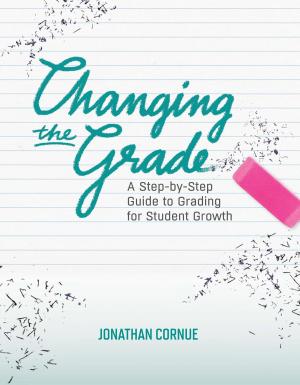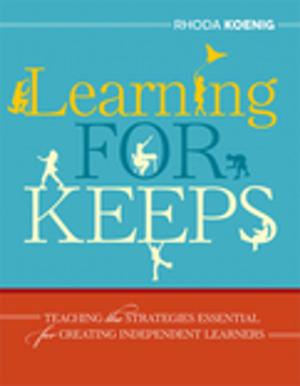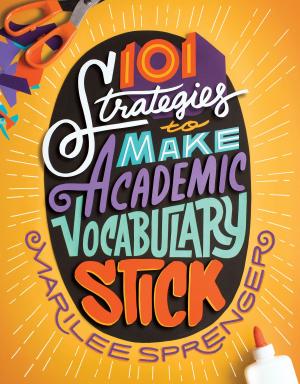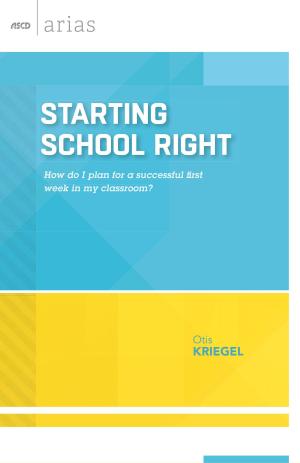The Best Schools
How Human Development Research Should Inform Educational Practice
Nonfiction, Reference & Language, Education & Teaching, Educational Theory, Aims & Objectives| Author: | Thomas Armstrong | ISBN: | 9781416615125 |
| Publisher: | ASCD | Publication: | November 15, 2006 |
| Imprint: | ASCD | Language: | English |
| Author: | Thomas Armstrong |
| ISBN: | 9781416615125 |
| Publisher: | ASCD |
| Publication: | November 15, 2006 |
| Imprint: | ASCD |
| Language: | English |
Educators, politicians, parents, and even students are consumed with speaking the language of academic achievement. Yet something is missing in the current focus on accountability, standardized testing, and adequate yearly progress. If schools continue to focus the conversation on rigor and accountability and ignore more human elements of education, many students may miss out on opportunities to discover the richness of individual exploration that schools can foster.
In The Best Schools, Armstrong urges educators to leave narrow definitions of learning behind and return to the great thinkers of the past 100 years--Montessori, Piaget, Freud, Steiner, Erikson, Dewey, Elkind, Gardner--and to the language of human development and the whole child.
The Best Schools highlights examples of educational programs that are honoring students' differences, using developmentally appropriate practices, and promoting a humane approach to education that includes the following elements:
* An emphasis on play for early childhood learning.
* Theme- and project-based learning for elementary school students.
* Active learning that recognizes the social, emotional, and cognitive needs of adolescents in middle schools.
* Mentoring, apprenticeships, and cooperative education for high school students.
Educators in "the best schools" recognize the differences in the physical, emotional, cognitive, and spiritual worlds of students of different ages. This book will help educators reflect on how to help each student reach his or her true potential, how to inspire each child and adolescent to discover an inner passion to learn, and how to honor the unique journey of each individual through life.
Note: This product listing is for the reflowable (ePub) version of the book.
Educators, politicians, parents, and even students are consumed with speaking the language of academic achievement. Yet something is missing in the current focus on accountability, standardized testing, and adequate yearly progress. If schools continue to focus the conversation on rigor and accountability and ignore more human elements of education, many students may miss out on opportunities to discover the richness of individual exploration that schools can foster.
In The Best Schools, Armstrong urges educators to leave narrow definitions of learning behind and return to the great thinkers of the past 100 years--Montessori, Piaget, Freud, Steiner, Erikson, Dewey, Elkind, Gardner--and to the language of human development and the whole child.
The Best Schools highlights examples of educational programs that are honoring students' differences, using developmentally appropriate practices, and promoting a humane approach to education that includes the following elements:
* An emphasis on play for early childhood learning.
* Theme- and project-based learning for elementary school students.
* Active learning that recognizes the social, emotional, and cognitive needs of adolescents in middle schools.
* Mentoring, apprenticeships, and cooperative education for high school students.
Educators in "the best schools" recognize the differences in the physical, emotional, cognitive, and spiritual worlds of students of different ages. This book will help educators reflect on how to help each student reach his or her true potential, how to inspire each child and adolescent to discover an inner passion to learn, and how to honor the unique journey of each individual through life.
Note: This product listing is for the reflowable (ePub) version of the book.
